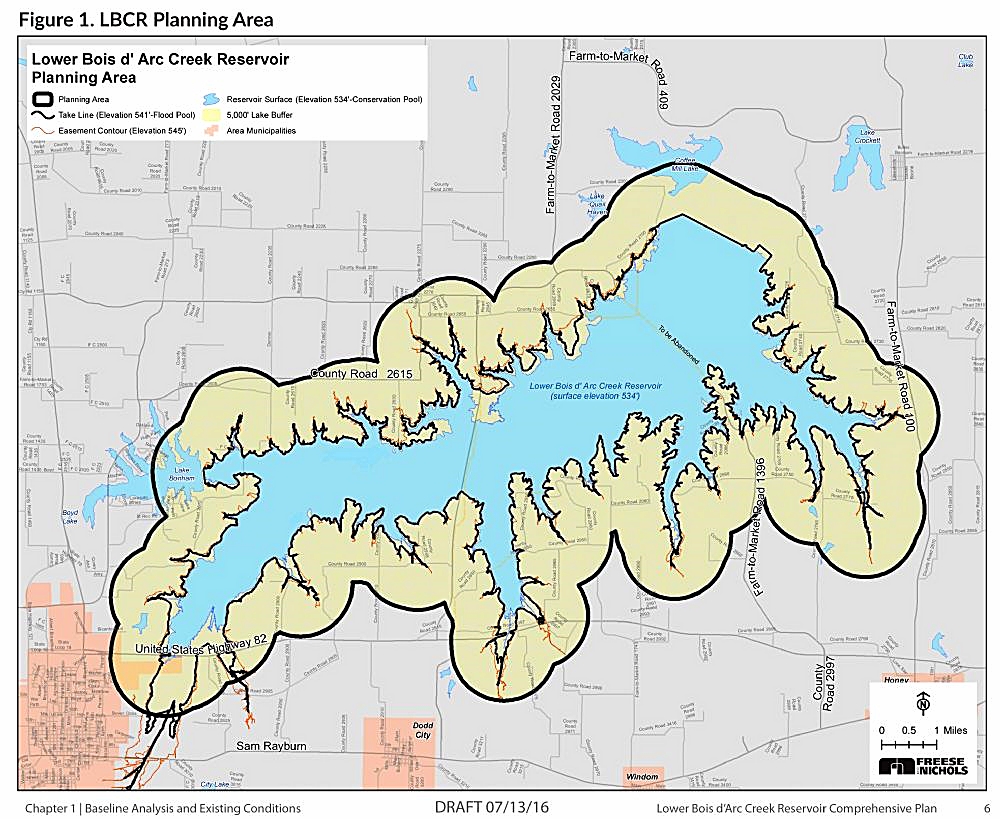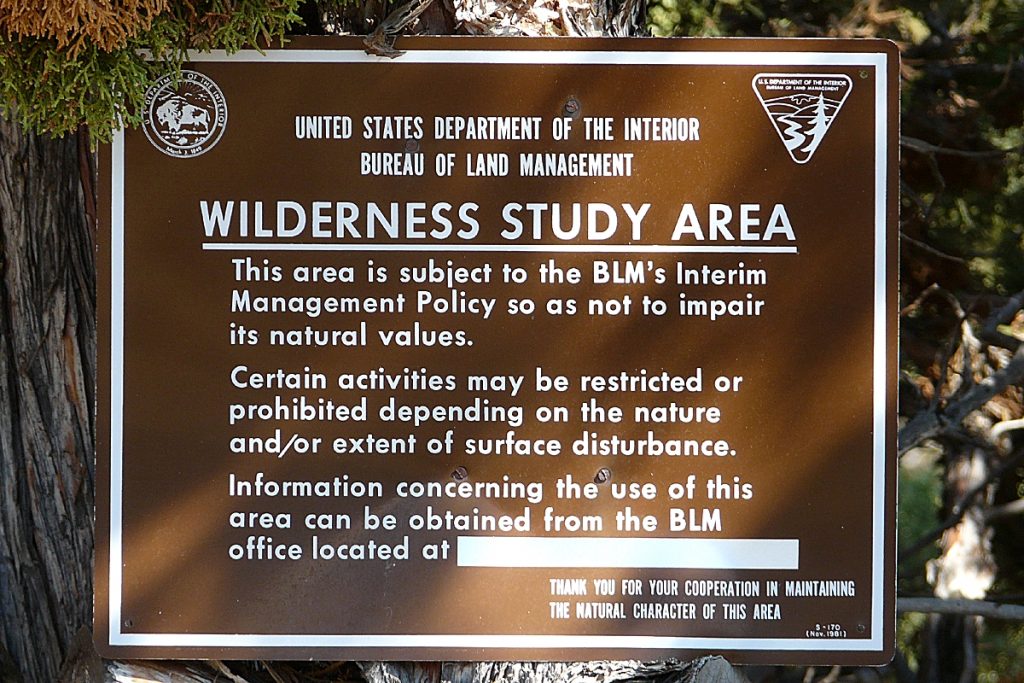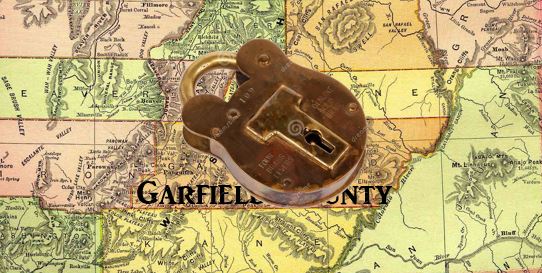Interior Secretary Ryan Zinke is planning a major reorganization of the Department of the Interior (DOI). He is currently considering moving at least three DOI agencies’ headquarters outside Washington, D.C.
GOP lawmakers on the House Committee on Natural Resources, which oversees the DOI, are fully behind the plan to move headquarters out west to be closer to the bulk of lands they manage.
Michael Bastasch
Top Republican lawmakers are backing the Trump administration’s efforts to reshape the agency tasked with managing more than 635 million acres of public lands.
Interior Secretary Ryan Zinke is planning a major reorganization of the Department of the Interior (DOI). He is currently considering moving at least three DOI agencies’ headquarters outside Washington, D.C.
GOP lawmakers on the House Committee on Natural Resources, which oversees the DOI, are fully behind the plan to move headquarters out west to be closer to the bulk of lands they manage.
“Any thoughtful DOI reorganization should give serious consideration to relocating select agencies away from Washington,” GOP committee members wrote in a letter sent to Zinke Thursday.
“Simply put, federal employees should know and live around the people, lands, and economies they regulate,” natural resource committee members wrote.
Zinke may move Bureau of Land Management (BLM) headquarters to Salt Lake City, Utah, The Salt Lake Tribune reported. Utah is the home state of natural resources committee chairman GOP Rep. Rob Bishop.
The federal government owns roughly two-thirds of Utah land. Zinke is thinking about moving BLM headquarters to Denver, according to reports. Most BLM employees are already out in western states where they manage more than 247 million acres of land.
Zinke is also considering moving U.S. Fish and Wildlife Service and Bureau of Reclamation headquarters out west to Denver.
“There’s a lot of anger out there in Utah on federal land policies emanating from Washington, D.C.,” Zinke said. “Public lands belong to the public; they don’t belong to Washington, D.C.”
Liberal groups have criticized moving agency headquarters out west, however, saying it will make it harder for D.C. to hold DOI agencies accountable.
“Right now, BLM has a small footprint in Washington, D.C., and moving the headquarters is only going to waste taxpayer money on relocation expenses and extra travel,” said Matt Lee-Ashley, a former Interior official who now works at the Center for American Progress.
“It’s also going to make it harder for Congress and the inspector general to conduct their oversight of the agency — raising the risk for waste, fraud and abuse,” Lee-Ashley said.
Republicans have championed a more cooperative approach to western land management, promoting activities like resource extraction, hunting, fishing and ranching in conjunction with environmental stewardship.
The GOP was hypercritical of DOI policies under the Obama administration, which they hope will be reversed in the Trump era.
“As a result of mission drift, federal agencies have lost touch with the concerns of Americans most impacted by administrative and regulatory burdens,” Republican lawmakers wrote to Zinke.
“A prime example is the federal government’s continued acquisition of vast tracts of land in the western United states despite not being able to effectively manage the more than 600 million acres of land it already owns,” they wrote. “Meanwhile, the federal government faces a growing multibillion dollar maintenance backlog at our National Parks.”
[paypal_donation_button]
Free Range Report
[wp_ad_camp_3]
[wp_ad_camp_2]




We have a local BLM field office just 60 miles away and few ranchers “know them.” As long as they sit in their offices all day, moving the offices out west will only cost the tax payers more money. Also their paperwork empire has made it such that for every hour in the field they probably do have to spend three hours in the office completing reports, submitting forms, etc. The Nuclear Regulatory Commission centralized and decentralized on about a four year cycle. All that did was take a year for things to settle down and new divisional policies and procedures to be re written. As long as the decision making and approval remains in Washington, don’t expect this to have any change in operation. And as long as the field personnel spend 24 hours a week in the office and maybe 6 in the field (of course you can never find anyone on a Friday), don’t expect them to be more “aware” of the ranchers problems.